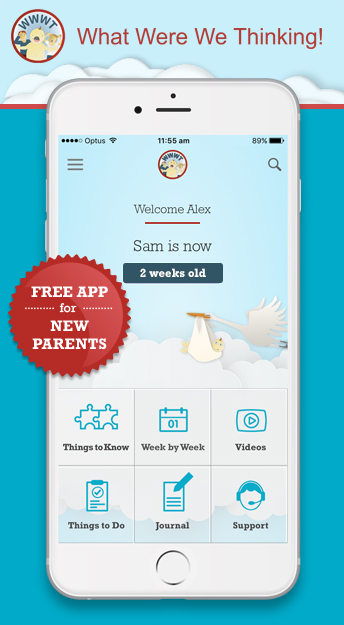Speaking Up for Yourself and Your Baby

A curious but common experience for parents with a young baby is that everyone has an opinion on how things should be done. Sometimes we want advice or guidance or to hear about how someone else managed a particular situation, but quite often these comments are unsolicited. It is really helpful to be offered advice that is encouraging, kind and supportive, but this is not always what happens. People can comment on your baby’s appearance - too small or too big, or how the baby is dressed – too many or not enough clothes for the weather. They can also comment on your caregiving: how often the baby is fed or why you are breast or bottle feeding or how you are responding when the baby is unsettled. Sometimes too, people can over-ride your decisions for example about going in to see the baby when she is asleep.
Although we might have imagined that everyone would be kind and helpful, we have to become skilled at responding to insensitive, unkind or critical comments, including from family members. When you have a baby, you have to learn how to speak up for yourself and your baby in a way that is assertive. Assertive responses are calm, clear and matter-of-fact, they don’t put the other person down (aggressive), but nor do they ignore what has been said or done
Speaking up can be difficult at first but with time and practice, it gets easier. When you stand up for yourself, your confidence grows, especially when you see the way people generally respond positively to your calm respectful manner. Being assertive will also help you to feel better understood and will help to establish relationships that are helpful and responsive to your needs and those of your baby. It can be helpful to see some examples of passive, aggressive and assertive responses and then to practice putting some into your own words.
Tips for being assertive:
- Have one or two assertive responses prepared for use in situations where you may feel uncomfortable
- Speak in a calm, conversational tone and use eye contact
- You might need to repeat the same short factual phrase a few times
For more information about being assertive and speaking up for yourself, see the What Were We Thinking worksheets
Posted in: Parenting Experts








